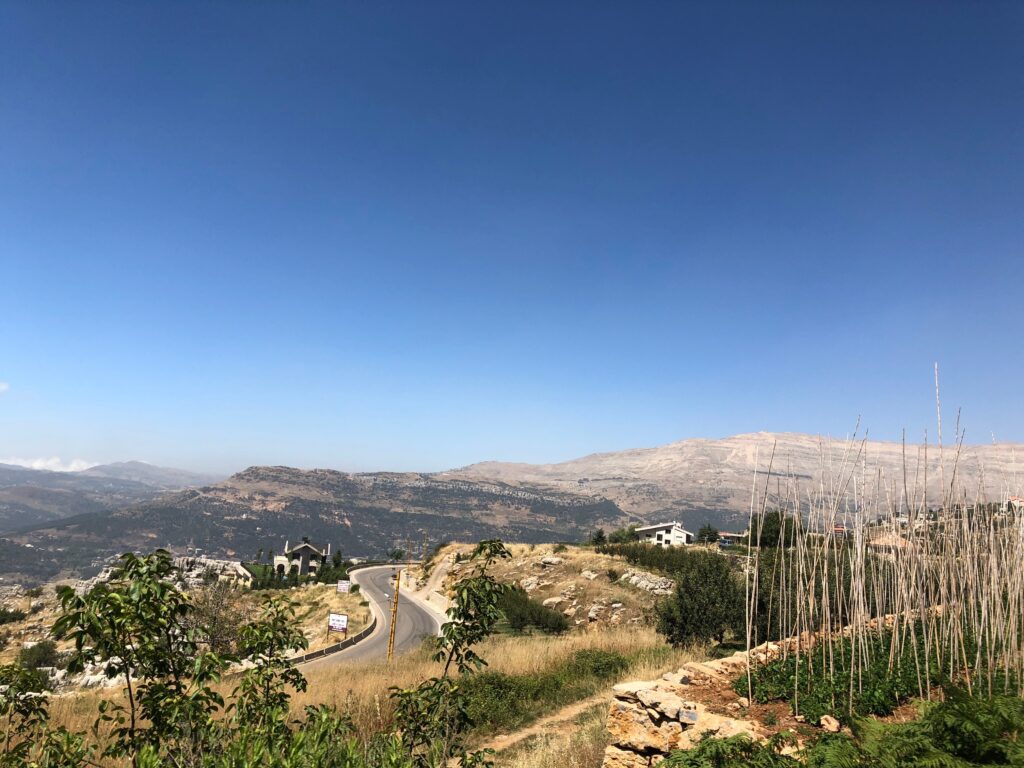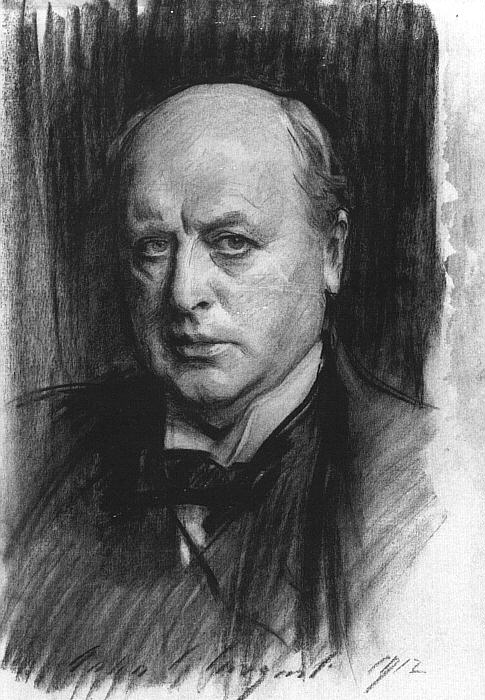
Photos by Natasha Jahchan.
beirut and mount lebanon
By MICHELLE DE KRETSER
Reviewed by AMBER RUTH PAULEN
One of the brilliances of Michelle de Kretser’s newest novel Theory and Practice is how the author lassoes life’s “messy truths” into a neat and slim book. To do so, de Kretser asks many questions at once: How does shame lead to silence? Why write? What to feel when an idol falls from grace? How do you break free from your mother (the Woolfmother included)? How do class and race determine your place in the world? What to do when life doesn’t fit your ideas about it? Additionally, de Kretser remains flexible in form: fiction blends with essayistic, academic, and autobiographical elements. Even the cover of the Australian edition features a young de Kretser, as if to say, this book might be about things that have actually happened. With so much going on, it might seem like the book would fall apart, but it is a concise and searing portrait of what it’s like to be alive in a certain place and time and body.
Curated by SAM SPRATFORD
The long New England winter is finally thawing, and here at The Common, we’re gearing up to launch our newest print issue! Issue 29 is full of poetry and prose by both familiar and new TC contributors, and a colorful, multimedia portfolio from Amman, Jordan. To tide you over, Issue 29 contributors DAVID LEHMAN and NATHANIEL PERRY share some of their recent inspirations, and ABBIE KIEFER recommends a poetry collection full of the spirit of spring.

Henry James’ short works; recommended by Issue 29 contributor David Lehman
I’ve been reading or rereading Henry James’s stories about writers and artists: “The Real Thing,” “The Lesson the Master,” “The Death of the Lion,” “The Tree of Knowledge,” “The Figure in the Carpet,” “The Aspern Papers,” et al. His sentences are labyrinthine, and you soon realize how little happens in a story; the ratio of verbiage to action is as high as the price-earnings ratio of a high-flying semiconductor firm. Yet we keep reading, not only for the syntactical journey but for the author’s subtle understanding of the artist’s psyche—and the thousand natural and artificial shocks that flesh and brain are heir to.
Author’s Note:
Cold War divided Berlin haunted me growing up because it was a place where history was unavoidably visible, and when I lived there for two-and-a-half years as a student in the 1990s, I was always watching and trying to document the city’s rapid changes after the Wall fell. In 2022 a cousin found an advertisement on Ebay from circa 1939 that showed images of the Potsdamer Platz S-Bahn station from my great-grandfather’s glass factory in Waldenburg (now Wałbrzych, Poland). I’m still processing what it means to have my family history connected to a place that is a central, broken image of Berlin and so crucial to the imagination of the Cold War, particularly at a time when we in the U.S. are (or should be) thinking about what the world looks like when democracy yields to authoritarianism.

Photo courtesy of author.
Berlin, Germany
Potsdamer Platz, Berlin, April 1939
We were successful in securing major commissions—for the Reichsbahn–
underground station Potsdamer Platz and Anhalter–Bahnhof—and in
fulfilling them on time. Such large-scale projects are crucial for breaking
fresh ground for sales of Opaxit glass.
—Annual Report of the Schlesische Spiegelglas Manufaktur
Carl Tielsch G.m.b.H., 1938
JEHANNE DUBROW is the author of ten poetry collections and three books of creative nonfiction. After twenty years in the U.S. Navy, her husband recently completed his tenure as an officer, and this transformation led Jehanne to write Civilians, the final book in her military spouse trilogy, a sequence that began with the publication of Stateside in 2010 and continued with Dots & Dashes in 2017.
Novelist, poet, and Marine veteran spouse VICTORIA KELLY sat down with Jehanne to discuss Civilians, which confronts pressing questions about marriage, transitions, love, and war. Though they have known each other virtually for over a decade—as two members of the very small literary community of military spouse writers—this was the first time they connected face-to-face.

Victoria Kelly (VK): Your new book Civilians is the final volume in your trilogy about the experience of being a modern military spouse. Can you give us some background on your family’s experience with the military?
Jehanne Dubrow (JD): I’m the daughter of two U.S. Foreign Service Officers. I grew up in American embassies overseas. To be a diplomat is to be a civil servant; so, I thought I understood—through my parents’ work—what it means to serve.
By CRUZ ALEJANDRA LUCAS JUÁREZ
Translated by WENDY CALL & WHITNEY DEVOS
Poems appear below in English, and Spanish and Tutunakú, the original languages.
Translators’ Note
Poet Cruz Alejandra Lucas Juárez creates her work bilingually, in Spanish—the language in which she was educated—and in Tutunakú—the language in which she was raised. Tutunakú is the home language of approximately 220,000 people in the Mexican states of Puebla and Veracruz. It has multiple variants and Lucas Juárez seeks out speakers from different communities to expand her poetic vocabulary.
She generally begins writing in Tutunakú, but lines also come to her in Spanish, so she moves back and forth between the two versions of each poem, creating the bilingual pair simultaneously. “It’s two creation processes happening at the same time,” she says. Tutunakú is agglutinative, so it contains words up to a dozen syllables long that translate as whole phrases or sentences in Spanish. Her translation process must be “letter by letter, not word by word, because each word contains so much,” she explains. Tutunakú is also a highly metaphorical language: “being pregnant” translates to “I am not alone,” while “I miss you” translates literally as “My stomach is sinking.”
Although poetry is a regular part of Tutunakú cultural life, Lucas Juárez is the first woman to publish a book of poetry in the language. These poems are drawn from her 2021 debut collection, Xlaktsuman papa’ / Las hijas del Luno. The title, “Daughters of Luno,” uses the masculine version of the Spanish word for moon (luna). Luno is the metaphorical father of Tutunakú women.
We began co-translating “Daughters of Luno” in 2023, inspired by the depth of Lucas Juárez’ poetic voice, written when Lucas Juárez was in her early twenties. To create our English translations, we worked primarily from the Spanish, observing and listening to the Tutunakú versions, though neither of us has formally studied the language. We met with the poet in person and via video call, and also exchanged many messages. We are grateful for her patience, generosity, and linguistic expertise, all of which have been crucial to our process.
— Wendy Call & Whitney Devos
Table of Contents
“Litutunaaku” is the Tututnakú people’s name for themselves. The word translates as “people who belong to the culture of the three hearts,” referencing the brain (memory), the antomical heart (physical life), and the stomach (emotional experience). Together, these three interdependent “hearts” sustain Tutunakú “triple consciousness.” “Li,” the word’s first syllable, refers to a Tutunakú person’s homeplace—which is central to identity.